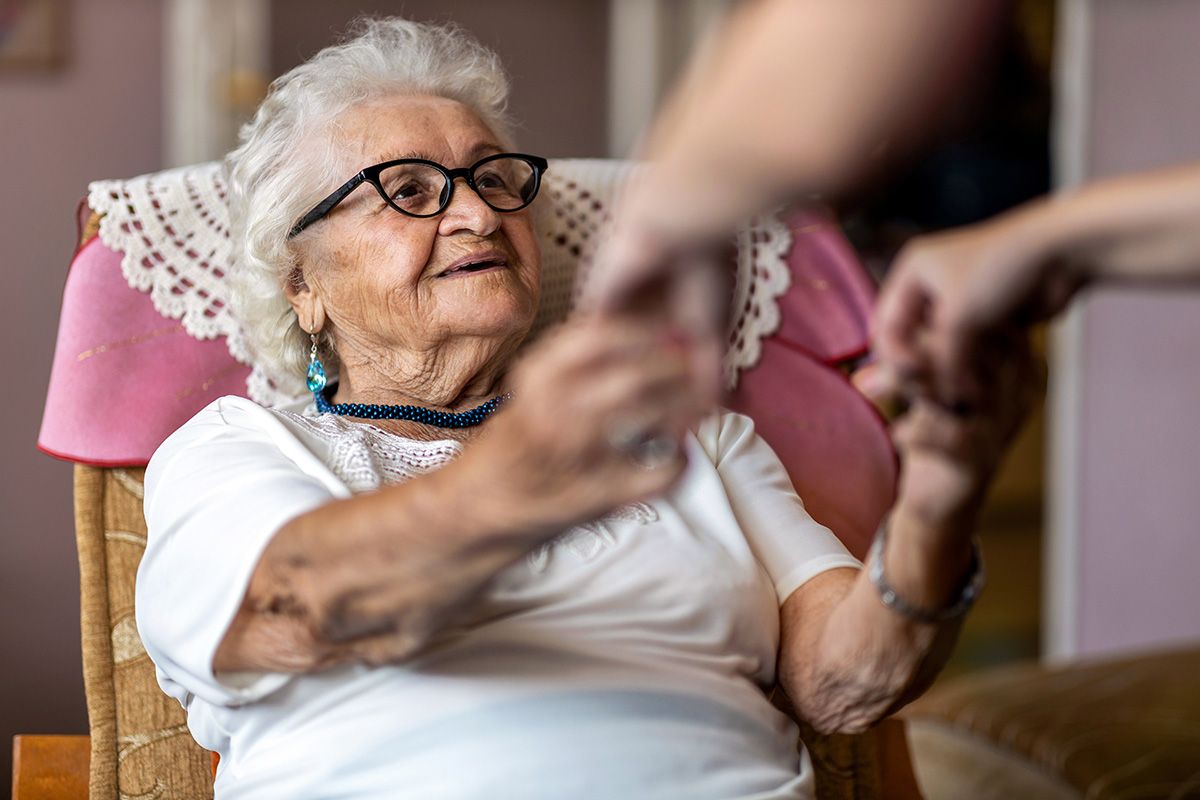Research
Research
Hispanic older adults are the fastest-growing aging segment of the U.S. population, yet the amount of research related to Latino older adults is limited. That is why NHCOA has been working to increase and find opportunities for new research related to Hispanic older adults. In fact, all NHCOA initiatives have an integrated research component to ensure the strategies and goals specific to each program are culturally and linguistically appropriate as well as age sensitive.

Urinary Incontinence
NHCOA has partnered with Howard University College of Medicine on a clinical trial pilot program aimed at addressing urinary incontinence (UI) among Hispanic older women. The study titled, “Multimodal Community Program for Older Hispanic Women with Urinary Incontinence,” is funded by the Georgetown-Howard Universities Center for Clinical and Translational Science (GHUCCTS) and is sponsored by National Institute on Aging.
Urinary Incontinence (UI) is the involuntary leakage of urine that affects 16 percent of all women in the U.S. Risk factors to UI include pregnancy, obesity, smoking, age and mobility limitations. Among Hispanics in the U.S., symptoms of UI are reportedly higher than 36 percent, however access to treatment options remain a critical issue.
The clinical trial aims to raise awareness about UI as well as enhance the quality of life in older Hispanic women with UI. The goal is to improve mobility limitations, decrease hospitalizations, surgeries and nursing home admissions, while increasing community participation in clinical research.
